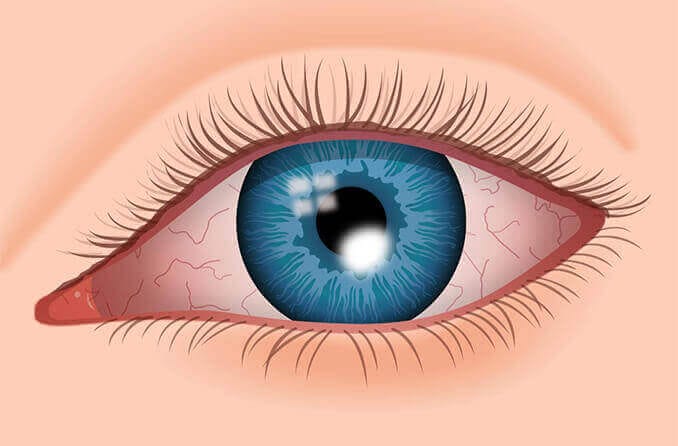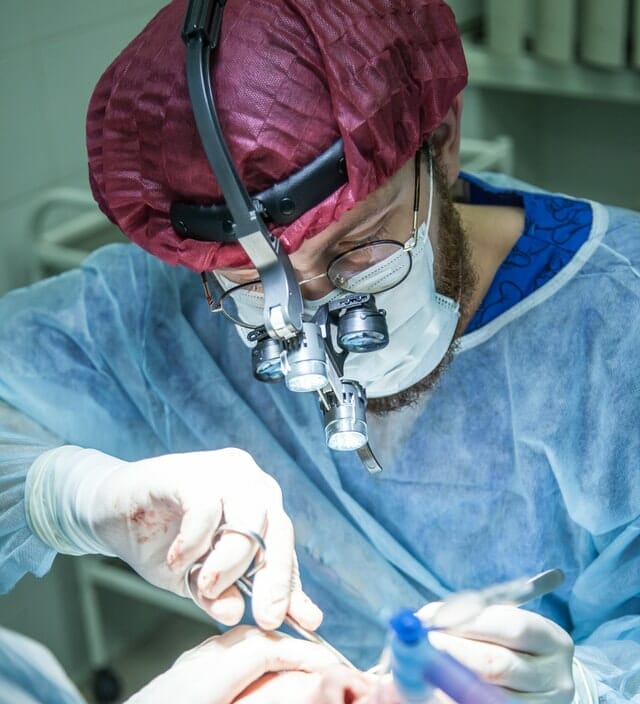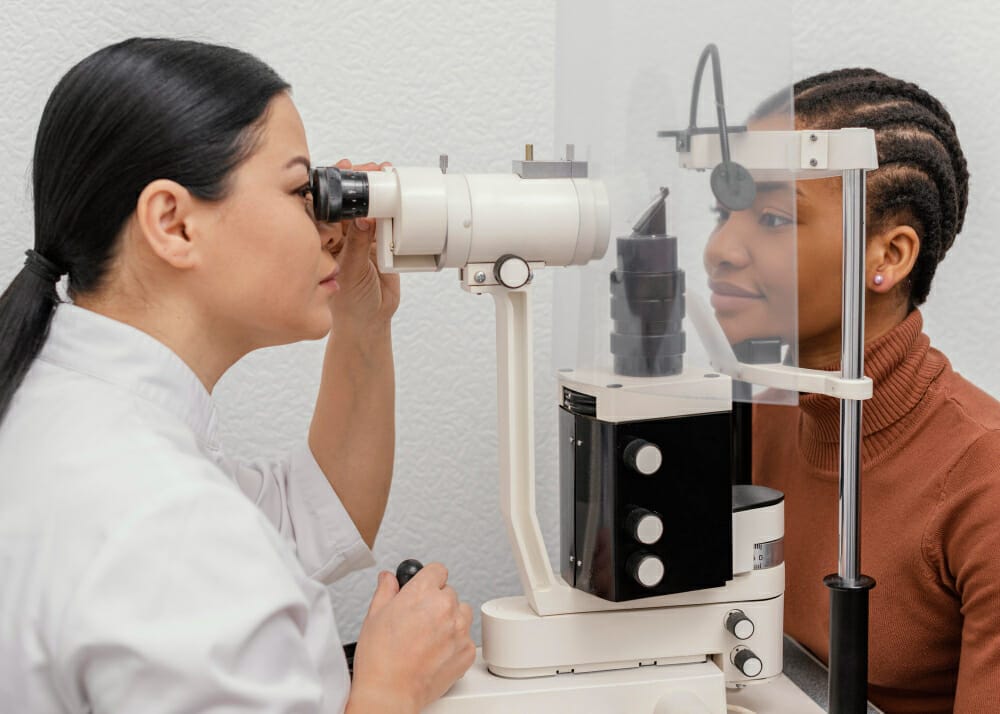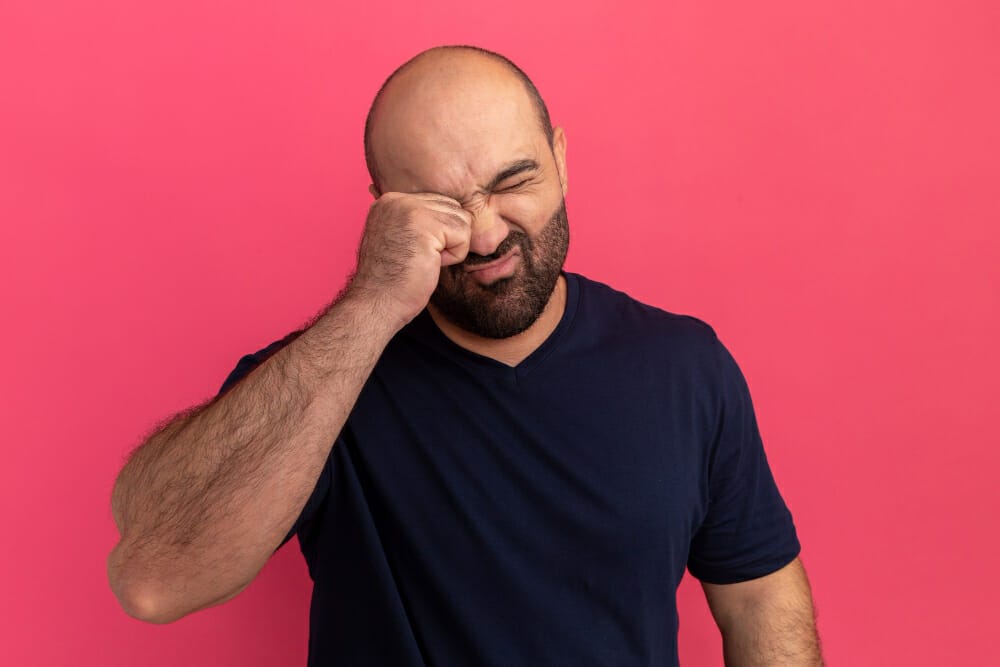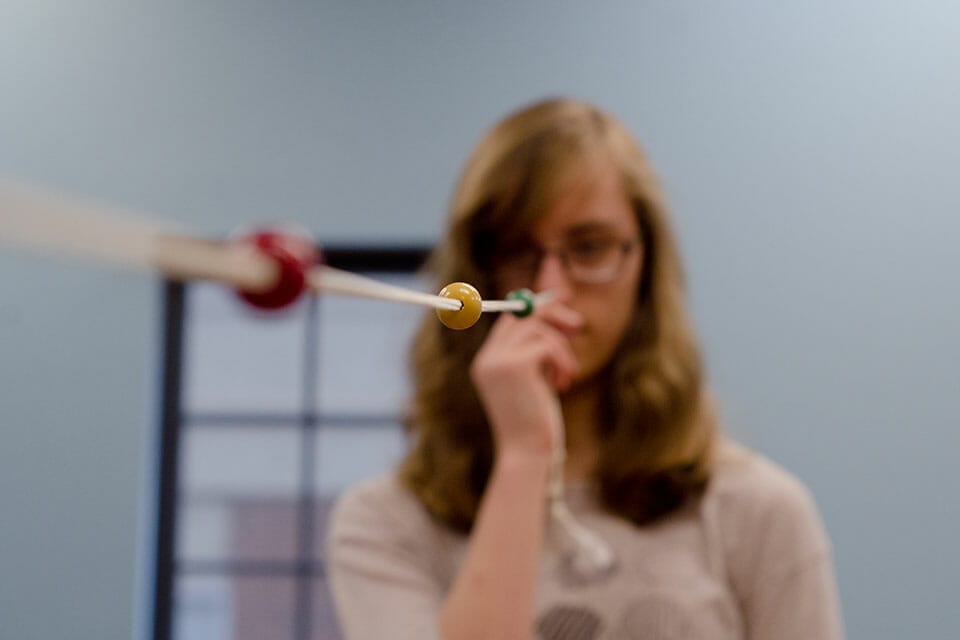How can our neuro-optometrist and experienced staff help your loved one?
Patient education
A lot of people are not aware of the connection between vision and our brain. Therefore our eye doctor will explain that connection in simple terms during a neuro-optometric vision assessment. They will discuss with patients how their specific condition can affect their lives and limit their daily functions once a diagnosis has been made. We also advise you to bring your family members to a neuro-optometric vision assessment.
Managing your symptoms
Another most important thing to do after a TBI is to alleviate your symptoms so you can function normally.
Filters following a traumatic brain injury
Our eye doctor may prescribe filters to reduce eye strain, fatigue and headaches. Filters may also be prescribed to reduce glare and light sensitivity.
Practice frequent and full blinking when using digital devices
You should also blink more often and completely while working on a computer to alleviate the symptoms of dry eyes.
Diagnose and treat the cause of your dry eye symptoms
If you have more severe dry eye symptoms or your symptoms are ongoing, come in for a dry eye evaluation to assess the cause of your symptoms so that it can be treated.
Take breaks from visually demanding tasks
Taking frequent breaks from visually demanding tasks is also essential. We suggest that you follow the 20-20-20 rule which means look at an object that is 20 feet away for 20 seconds every 20 minutes.
Managing double vision
The occurrence of double vision after a traumatic brain injury is a common problem that needs to be addressed as soon as possible. If blurry, fuzzy, or double vision is impacting your quality of life and vision, take our online double vision assessment to help identify if you may have an underlying vision problem that is causing diplopia (double vision). Take our double vision quiz. The following strategies can help you deal with double vision:
- A translucent patch (not dark opaque patch)
- Spot patch
- Sector patch
- Binasal occlusion
- Vision therapy activities to improve binocular function such as:
- Eye Stretches
- Tactile Control
- Spatial Localization
- Brock String



